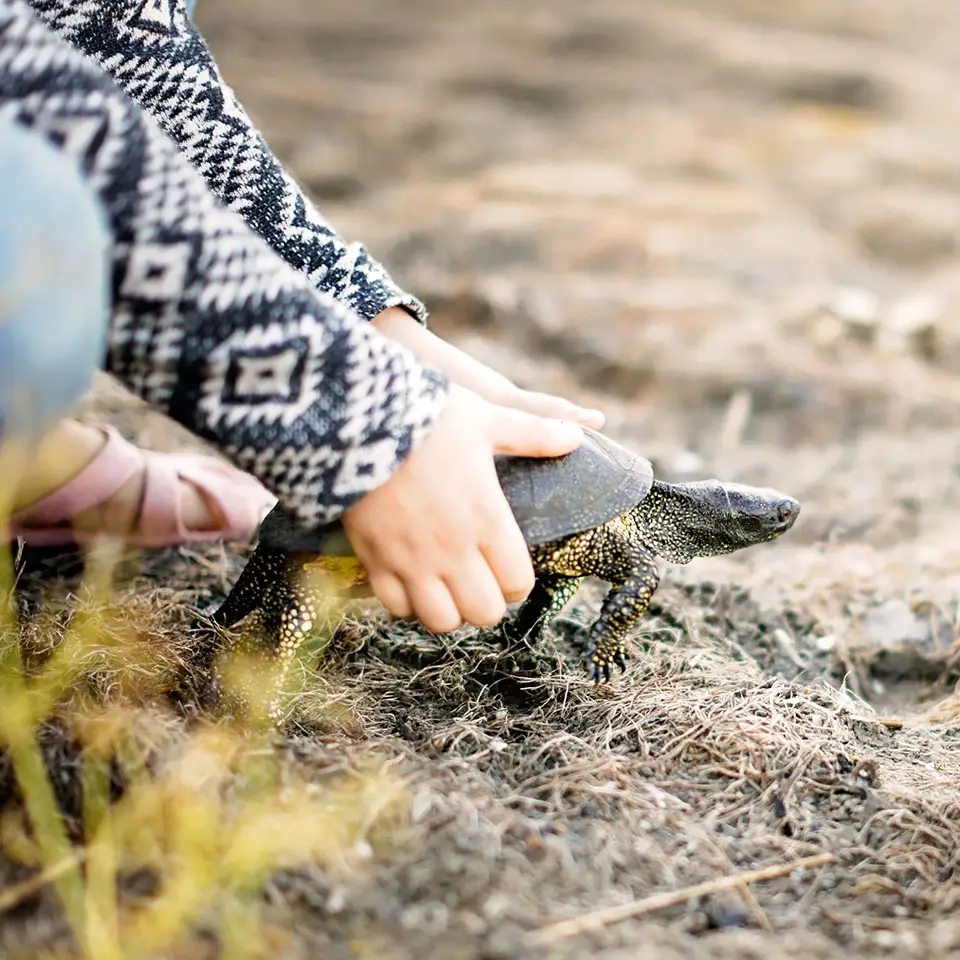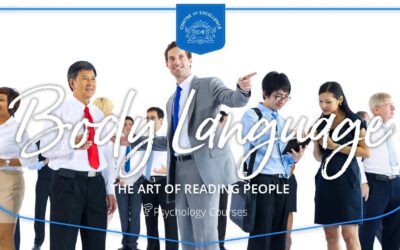🎁 Exclusive Discount Just for You!
Today only: Get 30% OFF this course. Use code MYDEAL30 at checkout. Don’t miss out!
Discover all aspects of the rehabilitation process of rescued wild animals, from clinical examination, assessment and recovery of health and wellbeing, to release. This course walks you through the concept of wildlife rehabilitation, the assessment of wild animals, common diseases found in wildlife, the importance of animal evaluation prior to rehabilitation and release, and the advancements and challenges of wildlife rehabilitation.
Centre of Excellence – Wildlife Rehabilitation Diploma Course

What Will You Learn?
This course first covers the fundamentals of wildlife rehabilitation, including its main objectives, short- and long-term goals, and the role of wildlife rehabilitators. We’ll also look at the main types of rehabilitation and the stages a rescued animal will go through.
We’ll learn to recognise the causes, triggers and responses to stress, fear, and shock in animals, how to assess animal welfare, and the main rules and procedures followed when examining wildlife. You’ll also be guided through techniques for handling animals according to their taxonomic group and the risks that need to be considered. The course covers the main diseases that can present in rescued animals, including a thorough explanation of their definitions, causes, symptoms and treatments (when applicable).
We’ll examine the importance of evaluating animals prior to rehabilitation and their release into the wild, including a look at the measures, procedures, and regulations followed. The course also explores the link between conservation and animal welfare and provides case studies that demonstrate how conservation welfare can lead to successful reintroduction into the wild.
Finally, we’ll look into the main advancements and challenges of wildlife rehabilitation.
By studying this course, you will:
- Understand the concept, types and stages of wildlife rehabilitation
- Learn how animal wellbeing is assessed
- Become familiar with the common diseases found in wildlife
- Understand the importance of evaluating animals prior to rehabilitation and release
- Become familiar with the advancements and challenges of wildlife rehabilitation
Course Syllabus
What will I learn on the course?
Module 1: Introduction to Wildlife Rehabilitation
Module 2: Rehabilitation Stages and General Care
Module 3: Stress, Fear and Shock
Module 4: Animal Welfare and Nutrition
Module 5: Equipment and Examination of Rescued Animals
Module 6: Wildlife Management by Taxonomic Groups
Module 7: Wildlife Diseases
Module 8: Evaluation, Rehabilitation and Release of Wildlife
Module 9: Conservation and Successful Case Studies
Module 10: Advancements and Challenges in Wildlife Rehabilitation

Who Would Benefit from This Course?
If you are considering a career in wildlife rehabilitation specifically or animal welfare in general, the Wildlife Rehabilitation Diploma Course will give you a good foundational knowledge from which to build with further study and qualifications.
Animal lovers who’d like to gain a better understanding of the process of how wild animals are assessed, treated, rehabilitated, and successfully able to be reintroduced into the wild will also gain a lot from this course.
Course Features
- Lectures 0
- Quizzes 0
- Duration 10 weeks
- Skill level All levels
- Language English
- Students 129
- Assessments Yes





